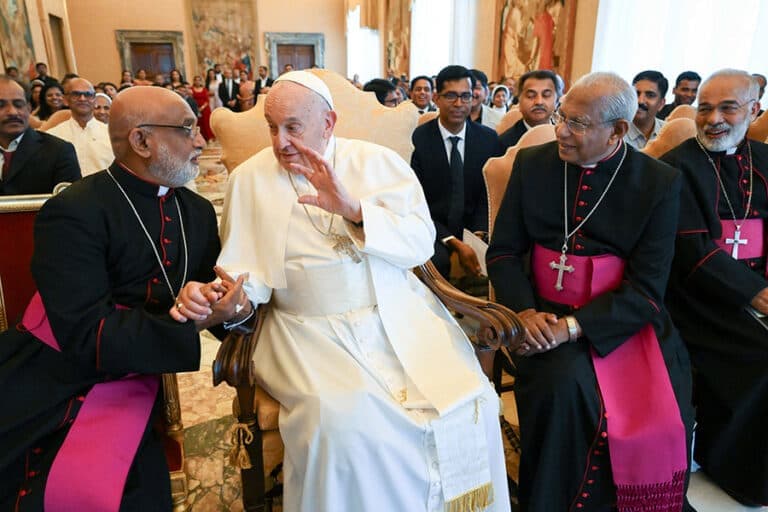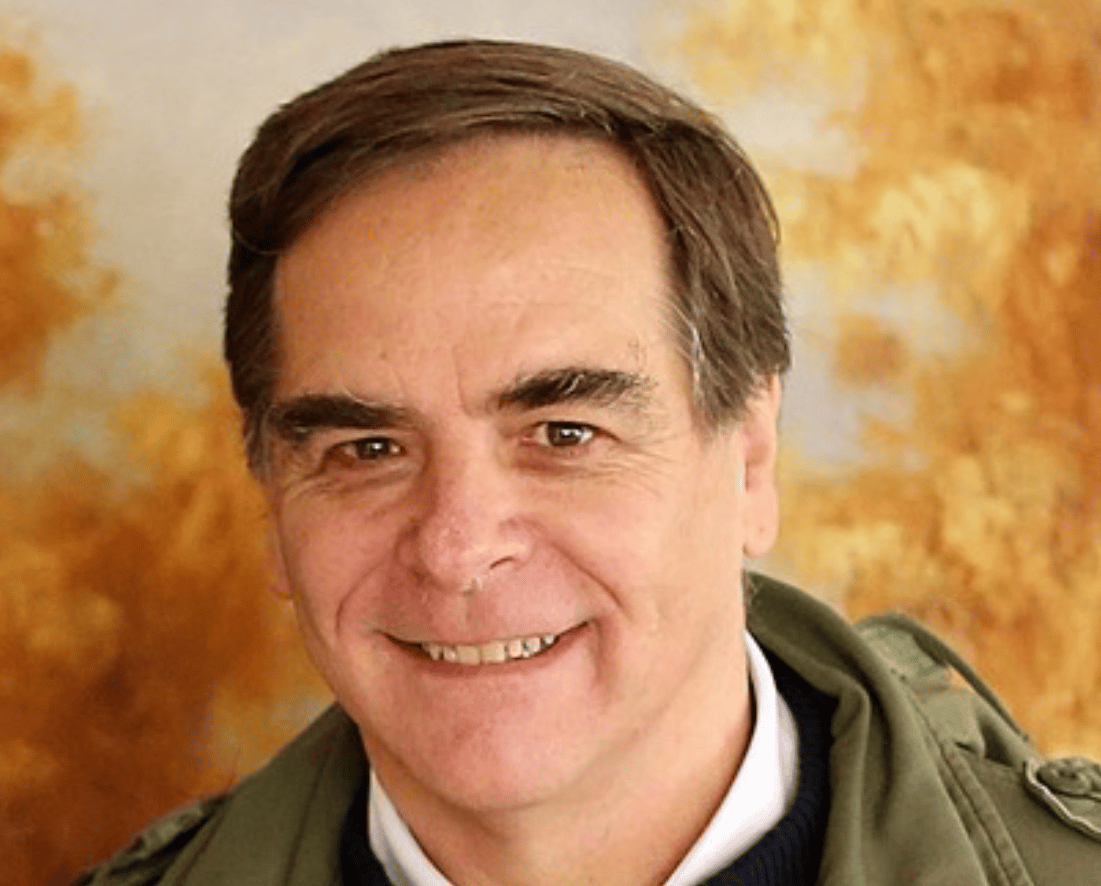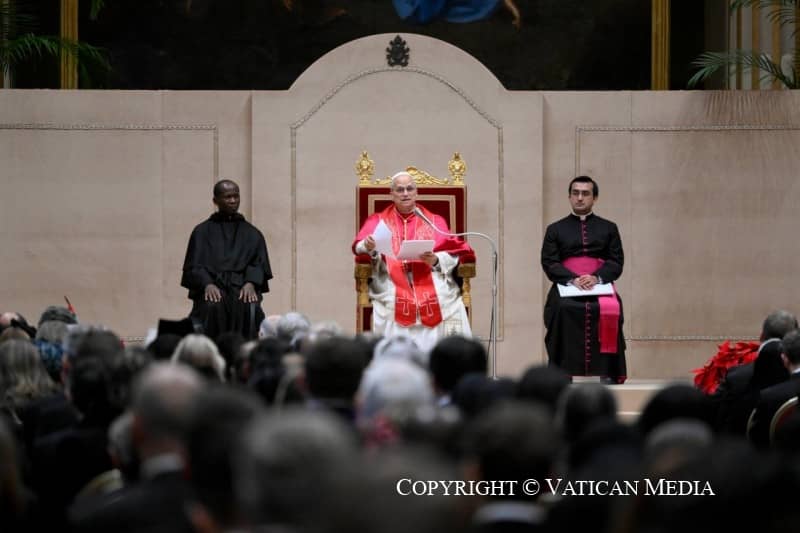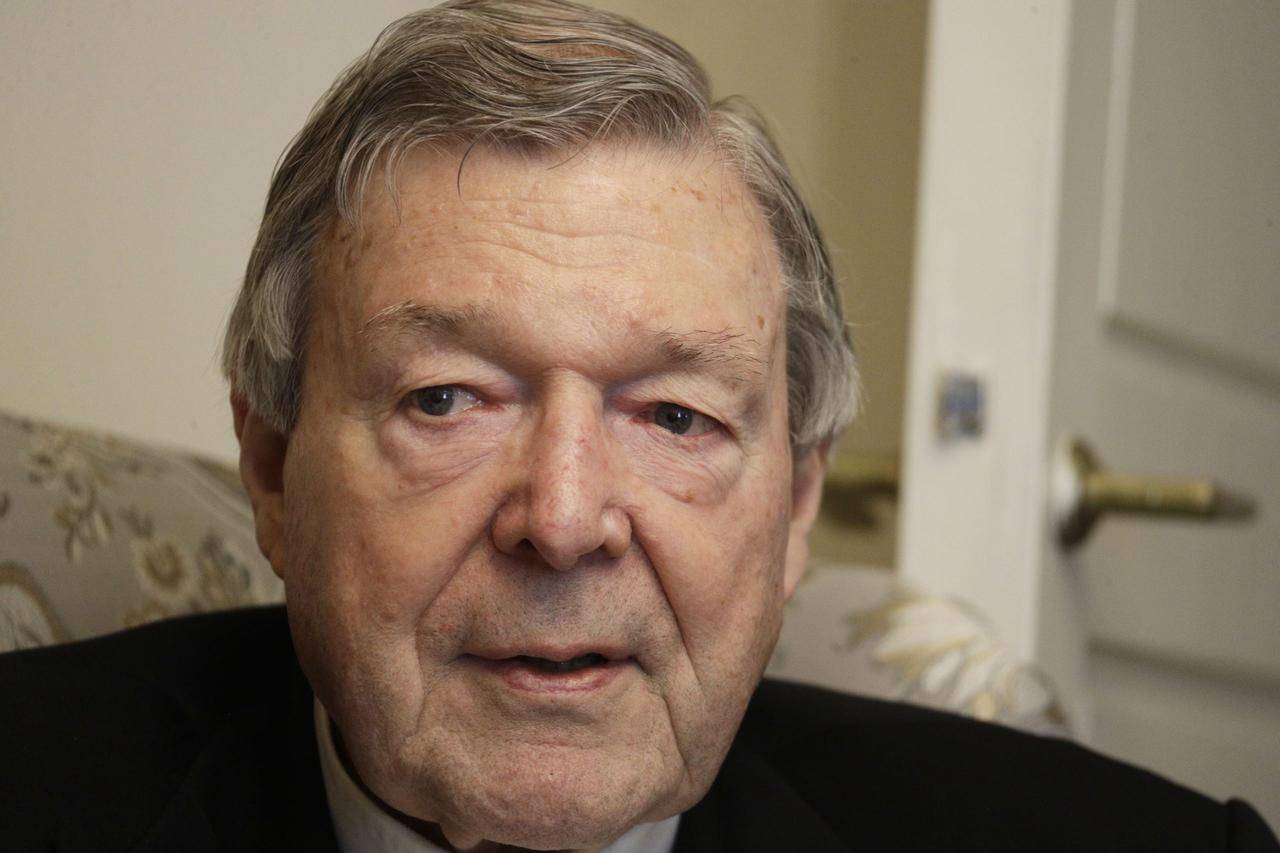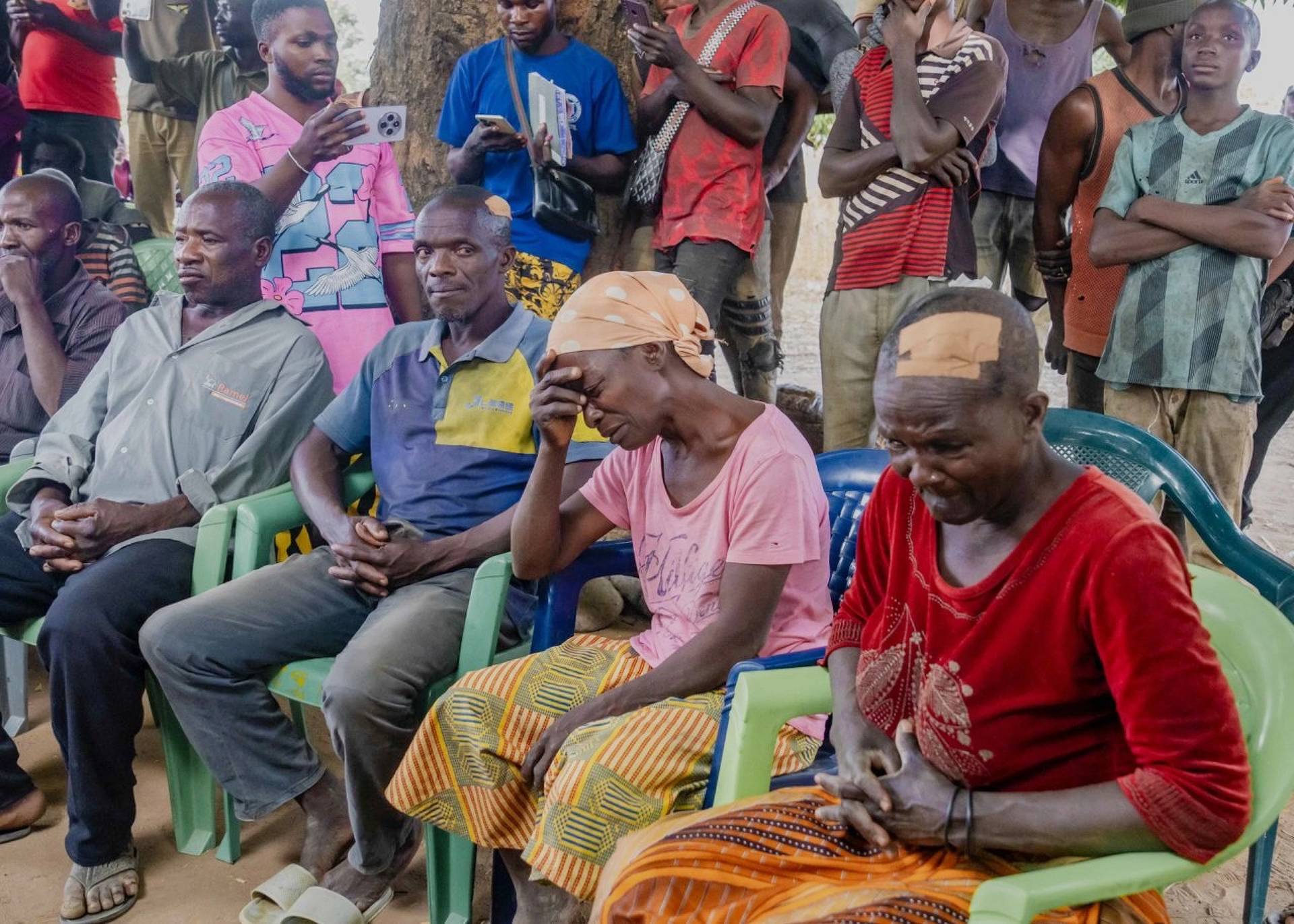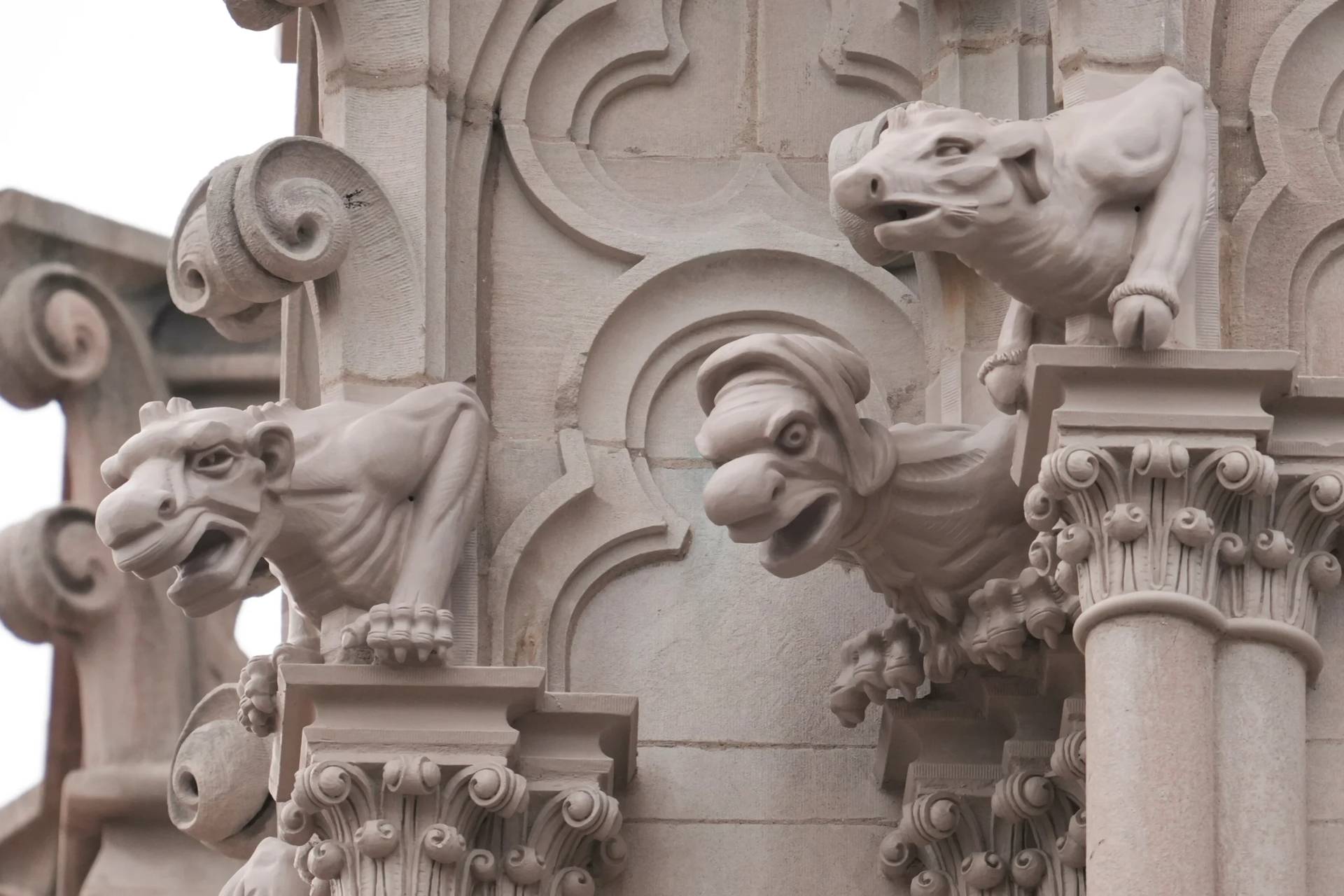As Pope Francis begins a Jubilee based on the motto “Hope does not disappoint,” he may be praying these words will soon apply to an ongoing crisis in the Church in India.
For the past few years, Francis has been emphasizing the role of “Synodality” in the Catholic Church, and claiming it is building on the teachings of the Second Vatican Council, which ended 70 years ago.
This is being played out in India, and more precisely, in the Eastern Catholic Syro-Malabar Church based in India’s southern state of Kerala.
With an estimated following of 4.25 million worldwide, the Syro-Malabar Church is the second largest of the eastern Churches in communion with Rome. Ever since its synod decided, in 2021, to adopt a new and unified mode of celebrating the Mass, the Church has been gripped by controversy that has been most intense in its largest jurisdiction of Ernakulam-Algamany.
The synod required that Mass be celebrated facing the congregation during the Liturgy of the Word and facing the altar during the Liturgy of the Eucharist.
A broad swath of clergy and laity in Ernakulam-Angamaly resisted the decree, on the grounds that Mass facing the people throughout the celebration represented their local tradition and is also more in keeping with the liturgical teachings of the Second Vatican Council (1962-65).
The dispute occasionally has turned nasty, with angry public protests and the burning of decrees in public.
In 2023, Pope Francis appointed Bishop Bosco Puthur – who was based in Australia – as the Apostolic Administrator of the Syro-Malabar Archdiocese of Ernakulam-Angamaly, hoping the retired priest would bring peace to the troubled community.
However, Puthur had little support from the clergy or much of the laity in the archdiocese, and resigned the office. Archbishop Mar Joseph Pamplany is now the new Vicar of the Major Archbishop for Ernakulam-Angamaly.
This happened after opponents to the Apostolic Administrator started a hunger strike and were subjected to forced removal by the police.
Puthur had certain powers even after Francis appointed Raphael Thattil as Major Archbishop of Ernakulam-Angamaly, and it is unclear if Pamplany has any added similar powers. (Pamplany was technically appointed by the Major Archbishop, not by the pope.)
Why is this situation troublesome to the pontiff? Because it can seem somewhat paradoxical to what he has been teaching for the past several years.
Synodality has always been a concept searching for a definition, but one thing is clear: It emphasizes listening to the people and giving more power to local communities.
The clergy and laity of Ernakulam-Angamaly say the Mass they want is the Mass of Vatican II: The priest faces the people. The archdiocese is the leading diocese of this Eastern Rite, and has by far the largest members. The Syro-Malabar Synod voted to revert back to the older form of Mass, in which the priest and people face the altar together.
Francis has also used his pontifical powers to try and impose the acceptance of a change to the Mass that a majority of the people of Ernakulam-Angamaly do not want, with the imposition of an Apostolic Administrator. The appointment was made shortly before the naming of a new Major Archbishop, meaning the new leader began office stripped of much of his power.
The situation highlights a major confusion arising from the years-long Synod on Synodality: What do we mean by “synod”? In the Eastern Church, synods were common, but also usually boring during the last millennium. Bishops met and made decisions on organization and appointments, and seldom looked at the theological issues mostly settled in the early Church.
(This is what happened in the Syro-Malabar Church – their Synod made a decision, but it was opposed by the largest archdiocese, which is also the “head” of the Church.)
In the West since Vatican II, synods were linked to the Synod of Bishops, which were month-long talking sessions that often discussed heady issues. At the end of the day, however, they were defined by a papal “apostolic exhortation.” In other words, the Synod means what the pope says it means.
Even now, it is unclear what Synodality is expected to look like in the Church today.
The situation in India is the first major test. Both sides hope Pope Francis will “not disappoint.”
It is hard to see how both of them could be satisfied.
Follow Charles Collins on X: @CharlesinRome
